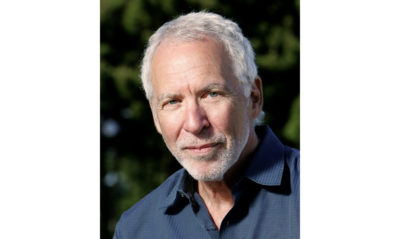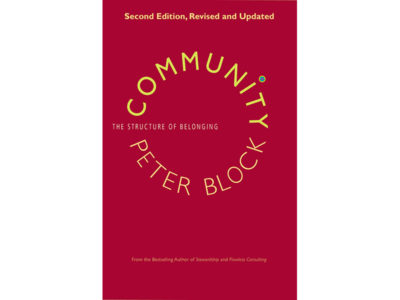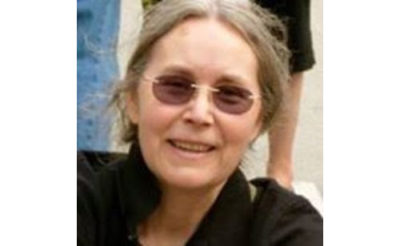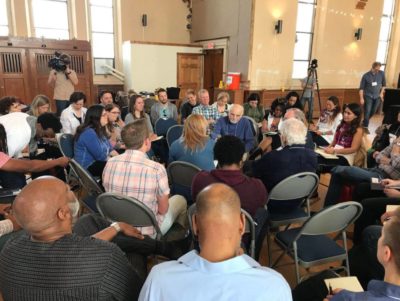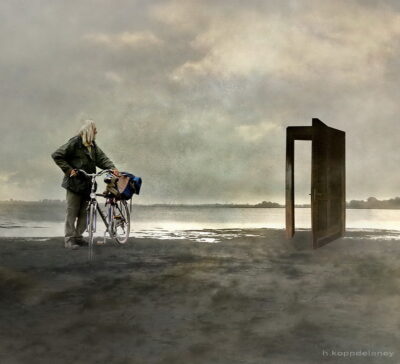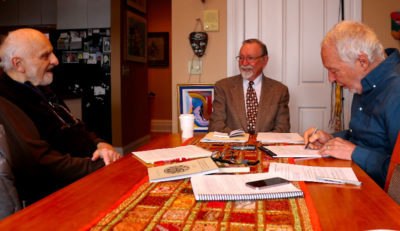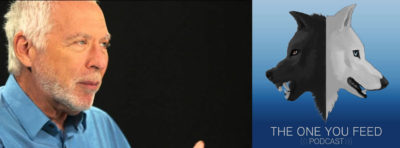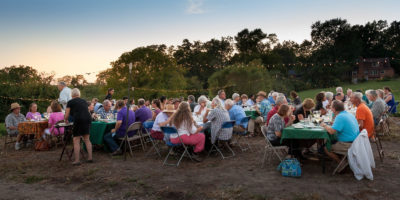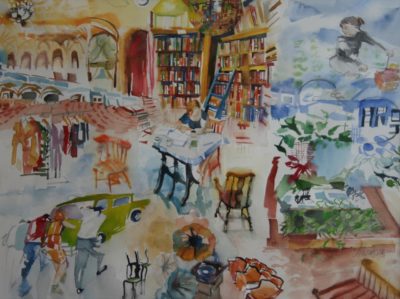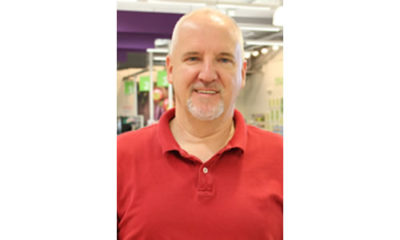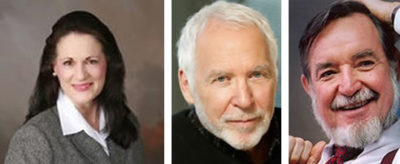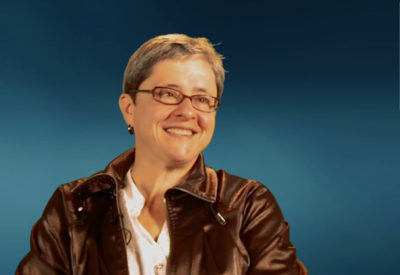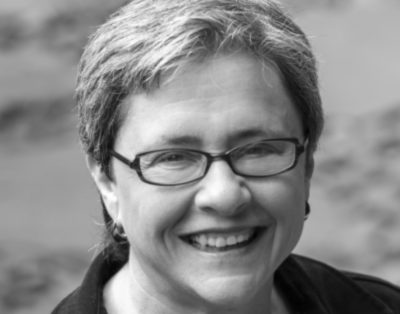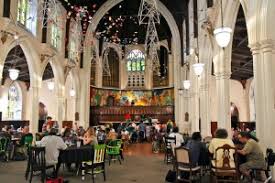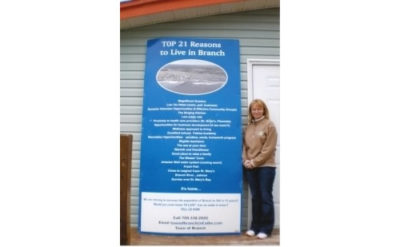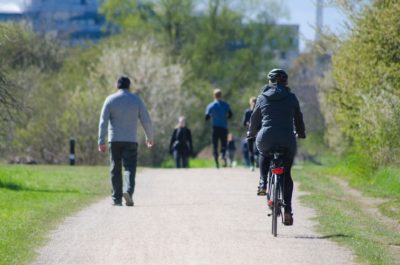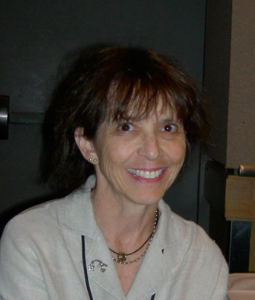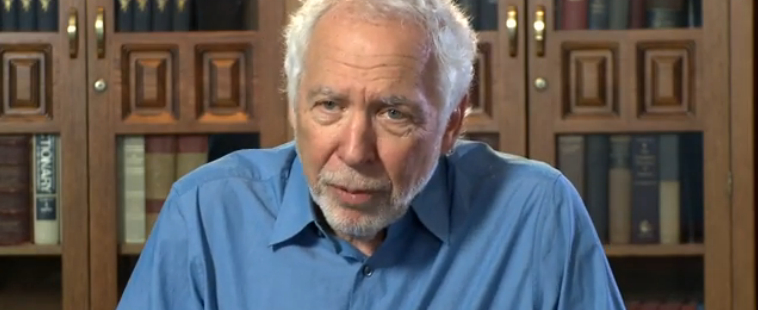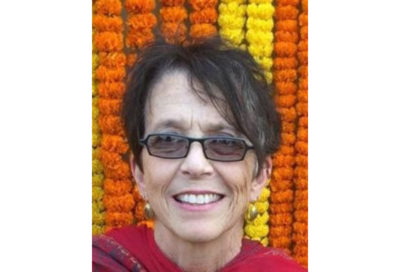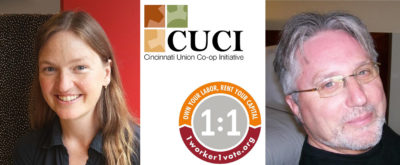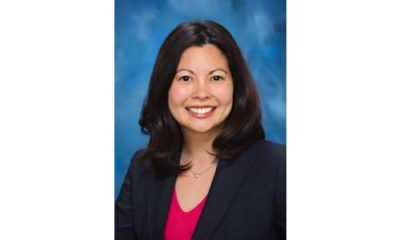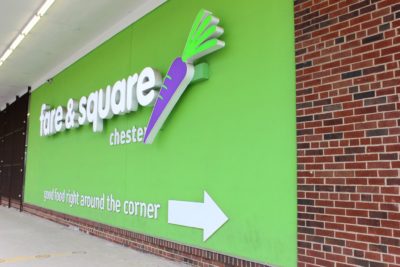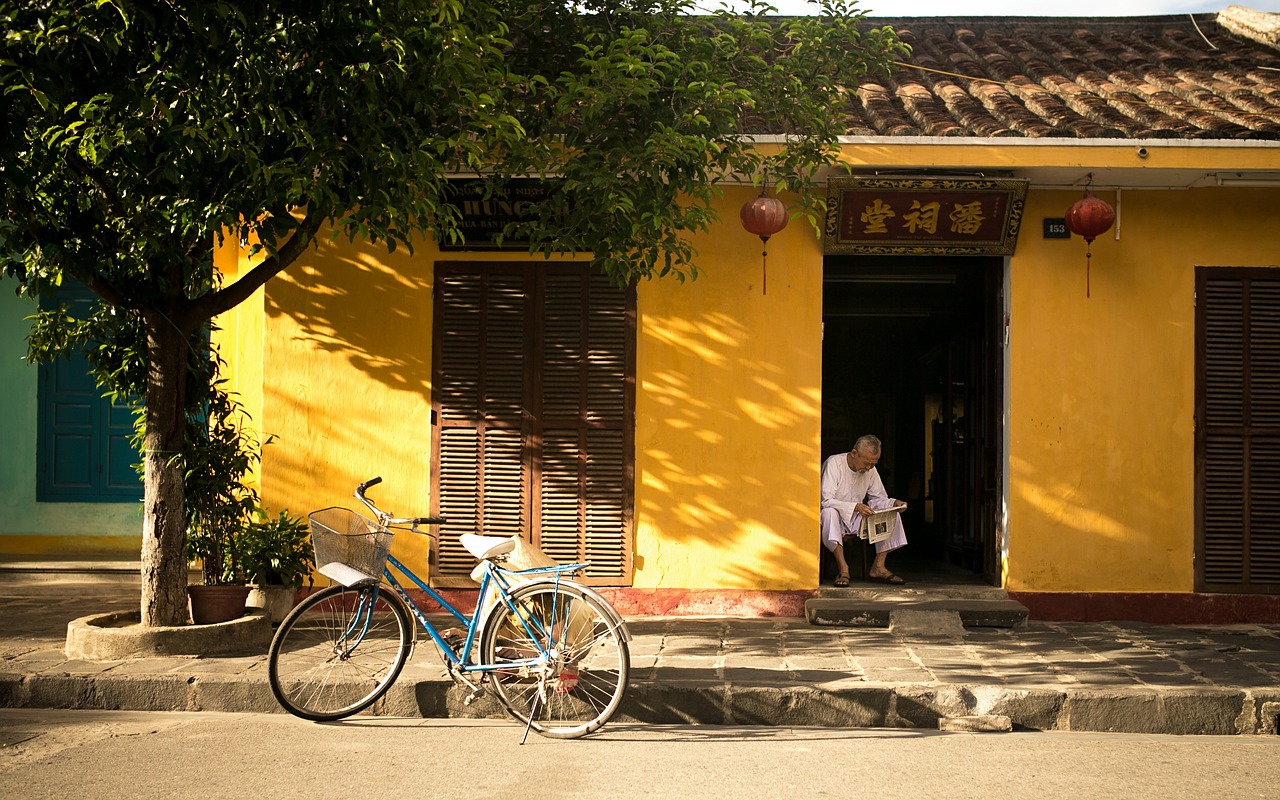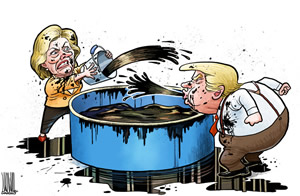Category Archives: Peter Block
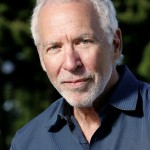 In addition to The Abundant Community, co-authored with John McKnight, Peter Block is the author of Flawless Consulting, Community, Stewardship and The Answer to How Is Yes.
In addition to The Abundant Community, co-authored with John McKnight, Peter Block is the author of Flawless Consulting, Community, Stewardship and The Answer to How Is Yes.Building Community in an Era of Isolation
Ann Livingston: An Ally to Drug Users
Ann Livingston has been at the grassroots and frontline of what’s now widely known as the opioid crisis. Since the early 90’s she has pioneered the movement to eliminate harms associated with drug use in her Vancouver neighborhood. Before co-founding the Vancouver Area Network of Drug Users (VANDU), she invited drug users who lived on the street into her home and made leaders aware of how many were dying from overdose. In this call with Peter Block and John McKnight, Ann shares stories and her principles of organizing the unorganizables.
Listen:
Common Good Fellowship pilot beginsFellowship program provides community for radical leaders
Organizing the Unorganizables
How Neighborhoods Engage with Local Governments
How are institutions and government most useful in supporting neighbor driven initiatives? What can we do with a little bit of outside assistance? And what do we need somebody from the outside to do? Ron Dwyer-Voss asks these three questions in his work engaging with community groups who want to have stronger relationships with local government.
Ron, owner and founder of Pacific Community Solutions, uses the Asset-Based Community Development process with community groups to help them identify how they can do something to create transformation. He shares with John McKnight and Peter Block stories and insights such as the importance of including reflection and learning conversations as part of the process.
Listen:
On Finding Freedom
Announcing Common Good
Podcast: Freeing Yourself from Consumer Culture
What is the free market consumer ideology? How does its assumptions affect our lives? In this “The One You Feed” podcast, guest Peter Block discusses concepts from his book, An Other Kingdom, including the pillars of the free market consumer ideology: Scarcity, Certainty, Perfection, and Privatization. As people search for meaning and freedom, Peter shares how neighborliness and covenant are part of an alternative narrative.
Listen:
Quotes:
“Questions bring us together. Answers alienate us.”
“The scarcity mindset is a lie. There is enough.”
“The ‘how’ question destroys our faith in each other, as if the only thing that matters is how long, how much, how predicable.”
Related Read:
Peter Block on the Shadow Side of Culture
The Consumer Economy and its Crushing Assumptions
The Jubilee Campaign
Ground-breaking grocery store
Fare & Square VP of Retail Operations Mike Basher shares insight into the Chester, Pennsylvania supermarket formed by a Philadelphia food bank (Philabundance). Fare & Square is the first nonprofit grocery store of its kind in the U.S. bringing healthy, affordable food to what was once a food desert.
Operating in a low-income neighborhood, the store takes an interest in sharing how to prepare healthy food for low cost. Competing for low prices on meats, offering a special carry cash rewards system and educating customers on different choices are some of the ways Fare & Square is uniquely serving its community.
Don’t miss listening to the full conversation and hear how this model could be replicated across the country.
Listen:
Quotes:
“We’re trying to provide families in this community fresh affordable healthy foods that they can get right in their own back yards.” – Mike Basher
Related Links:
Fare & Square (store website)
Chester’s Nonprofit Food Market Tries to Square Mission with Bottom Line (online feature by Laura Benshoff for WHYY)
Chester Supermarket, ‘Fare & Square’ Changing Lives in Community (news clip by Matt DeLucia, NBC10 News)
Engaging Neighbors Opens Thinking for Health Professionals
Lisa Gale Hadden, Michigan Area Health Education Center executive director, has learned that when medical and nursing students go to neighborhoods to talk with families about their health they discover untapped resources and assets.
“They really saw the value in connecting to the neighborhood health wisdom and used that to become better health care professionals. It changed their care planning for their patients.” Students asked appreciative, open-ended questions to discover how neighbors define their own health in their own terms. Twenty years later, the students have who are now practitioners are still talking about it.
In this conversation, Lisa – who acts as a bridge between medical and community knowledge in her work – shares more about this experience with John McKnight and Peter Block.
Listen:
Quotes:
“The more that there’s income equality in a community, or city, or town the healthier people are.” – Lisa Gale Hadden
“Our advice (to students) has always been . . . you’re there first and foremost to just be a neighbor. I think our students really began to see that as they developed relationships with our neighbors.” – Lisa Gale Hadden
PeoplesHub: Connecting change-makers online
How can we connect local change-making pioneers and reduce their sense of isolation? A new, online platform called PeoplesHub will bring interactive, participative processes to local neighborhood groups and connect them to trainers and other groups across the country.
Sarah van Gelder, co-founder of YES! Magazine, says PeoplesHub training will range from general topics – such as how to host an ecstatic meeting and how to navigate conflict – to providing tools for specific areas of change people are working on.
Instead of bottom-up or top-down, the platform promotes lateral connections amongst people who are engaged in social innovations. In this call with Peter Block and John McKnight, Sarah discusses the initial phases of the new online platform and its methodology.
Listen here:
Quotes:
“(The) power that people have in their own communities to get stuff done … if we can unleash that power, we can have a real transformation of this country.” – Sarah van Gelder
Related Link:
revolutionwhereyoulive.org
Building community: Tune into talk with Sarah van Gelder
Jubilee Forum: Islamic Economics on Debt Forgiveness
A Place at the Table
Small Town Invites Younger Generation to Come Home
Former mayor Priscilla Corcoran Mooney talks with John McKnight and Peter Block about community life in the small coastal town of Branch, Newfoundland, Canada. In 2007, Branch town council held a “come home” reunion-type event and listed the “Top 21 Reasons to live in Branch,” attracting national media attention. Branch citizens are known for their strong sense of belonging.
Priscilla shares about initiatives connecting people and contributing to well-being, such as a community dinner where photo slideshows spark conversation and a corner store with healthier food options.
Listen here:
Related Link:
Top 21 Reasons to Live in Branch
Neighborhood initiative impacting social health
In Rochester NY, Deborah Puntenney and her network are transforming the conventional wisdom about how foundation money can produce resident health outcomes. Eight years into the project with the Greater Rochester Health Foundation they are investing in the social determinants of health through grassroots, place-based and resident-driven efforts. This is not about more health services.
The foundation and a group of its grantees formed the Neighborhood Health Status Improvement Initiative, where four neighborhood groups are using Asset Based Community Development to work on health-related issues.
Deborah shares examples from an inner-city community in this conversation with Peter Block and John McKnight:
Related Links:
dpuntenney.com
thegrhf.org/funding/neighborhood-health/
photo courtesy Pixabay.com
How Community Action Shapes Health
Changing the Neighborhood Conversation
Part of Jubilee work is to change the narrative away from the predominant culture where people who don’t have wealth are considered broken. Peter Block says reconstructing our language and thinking involves changing how neighborhoods are measured.
He’s working on an economic neighborhood vitality index that measures the economic productivity of citizens and neighborhoods that are traditionally called broken, poor or untrained. Questions such as: What are you good at? What do you make/fix/care for? Where do you get money if you need to borrow it?
“That’s the real Jubilee idea,” says Peter, convener of the Jubilee Circle. “It’s not we’re going to write out a check and forgive the debts. It’s that we’re going to re-construct the narrative of who these neighbors are.”
He also shares about the need to welcome and get connected with people who are strangers. Peter was one of the speakers at The Economics of Compassion Initiative’s “Sanctuary as Jubilee” Community Forum and Conversation. Listen to more:
Upcoming Community Action and Health Discussion
Did You Know There’s a Union Co-op Movement?
What possibilities do worker-owned co-ops hold for an alternative economy? In the Basque region of Spain, Mondragon is the world’s largest group of industrial worker-owned co-operatives transforming the region from poverty to thriving and resilient communities. In Cincinnati, the Cincinnati Union Co-op Initiative (CUCI) is doing the same.
Michael Peck, co-founder of 1worker1vote.org and a North American Delegate for Mondragon, and Kristen Barker, president and co-founder of the CUCI, join Peter Block and John McKnight in a conversation about union co-op possibilities, successes and struggles. Listen to the full conversation:
Quotes
“This integrated network of co-ops is one of the exciting things that is now coming to life in a much bigger way in the United States because of this Mondragon union co-op.” Kristen Barker
“Stakeholders are coming together who have decided that it’s time to re-own their own economy. It’s time to take their economic sovereignty back and they look to us as a way forward to do that, not just a pathway out of poverty, but a pathway to actual prosperity.” Michael Peck
More Resources
Mondragon: http://www.mondragon-corporation.com/eng/
Cincinnati Union Co-op Initiative: https://www.cincinnatiunioncoop.org/
Upcoming event: National Union Co-op Symposium
Building Neighborhood Economy: City Solicitor Paula Boggs Muething
City of Cincinnati solicitor Paula Boggs Muething joins Peter Block and John McKnight in conversation on what’s economically possible for poor and marginalized neighborhoods. (more…)



